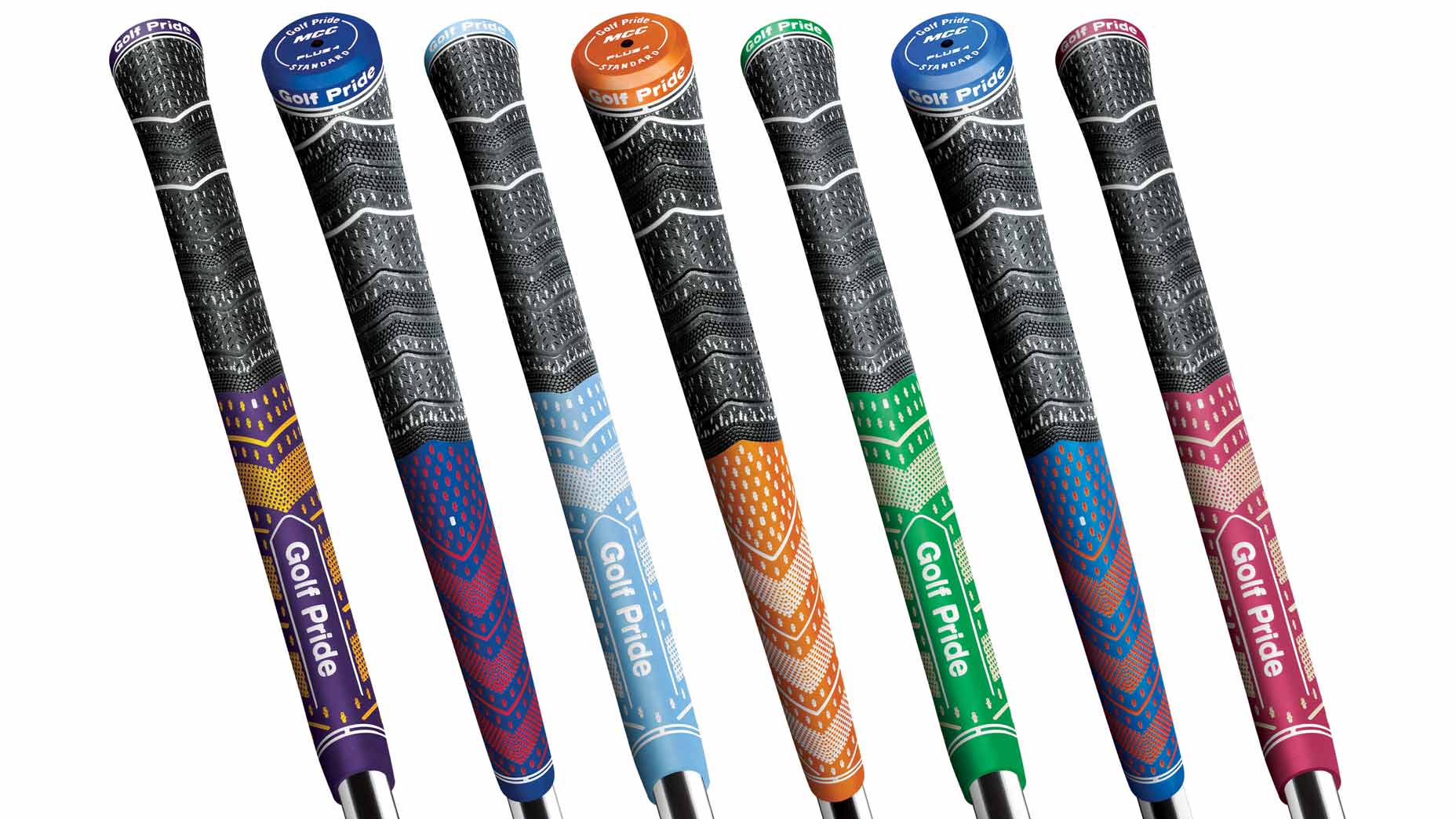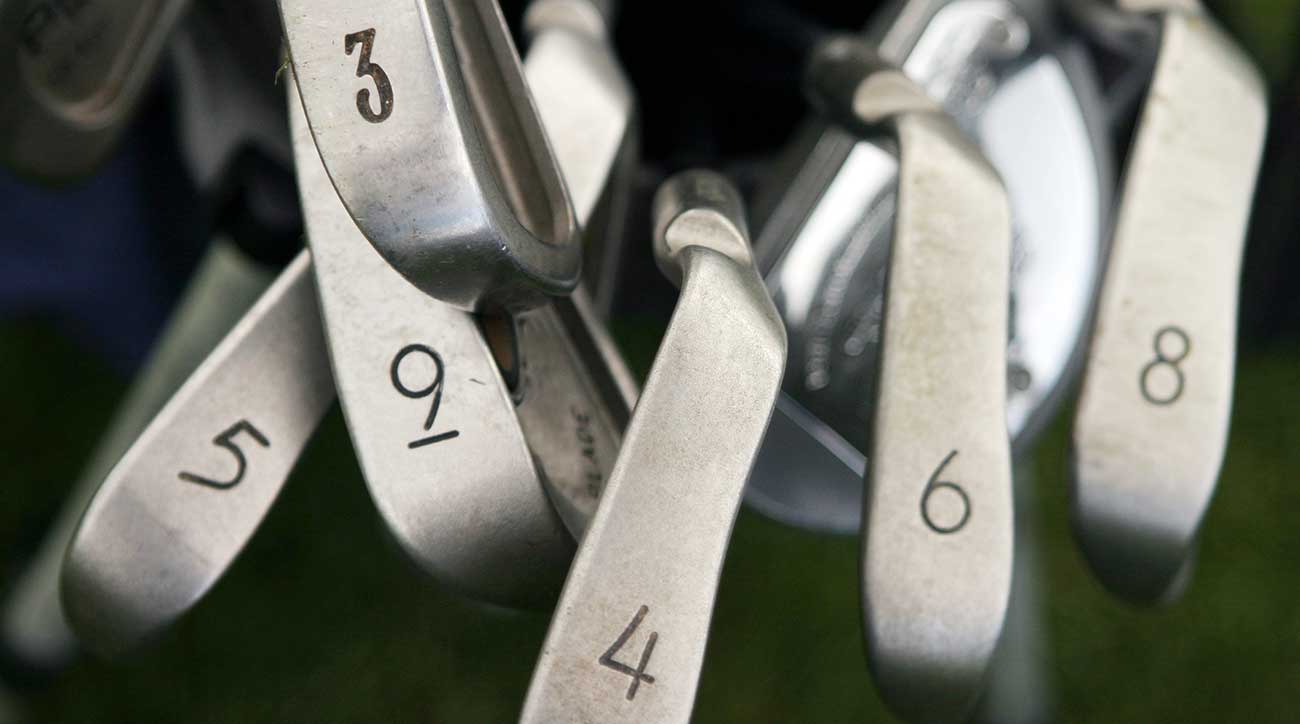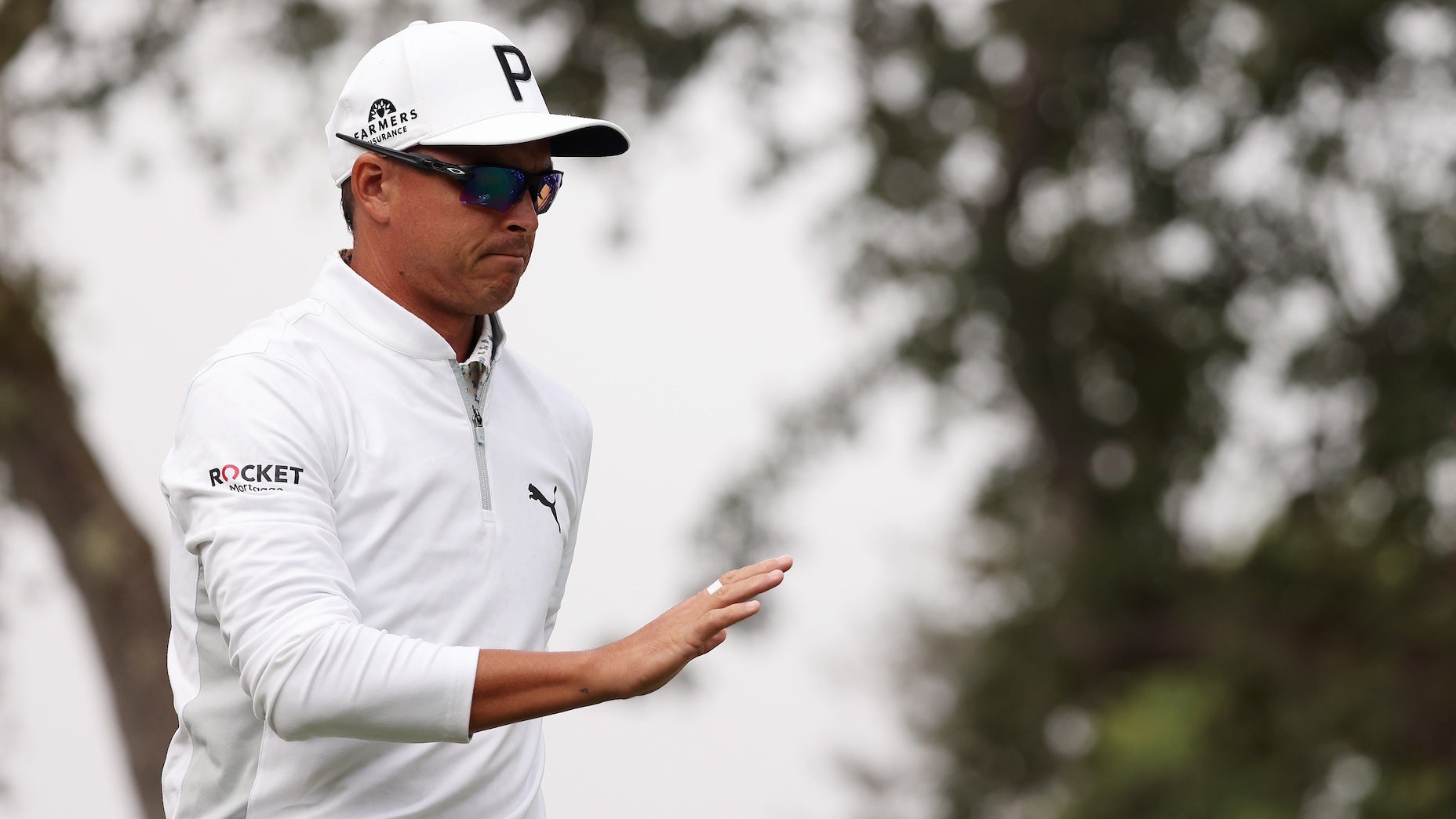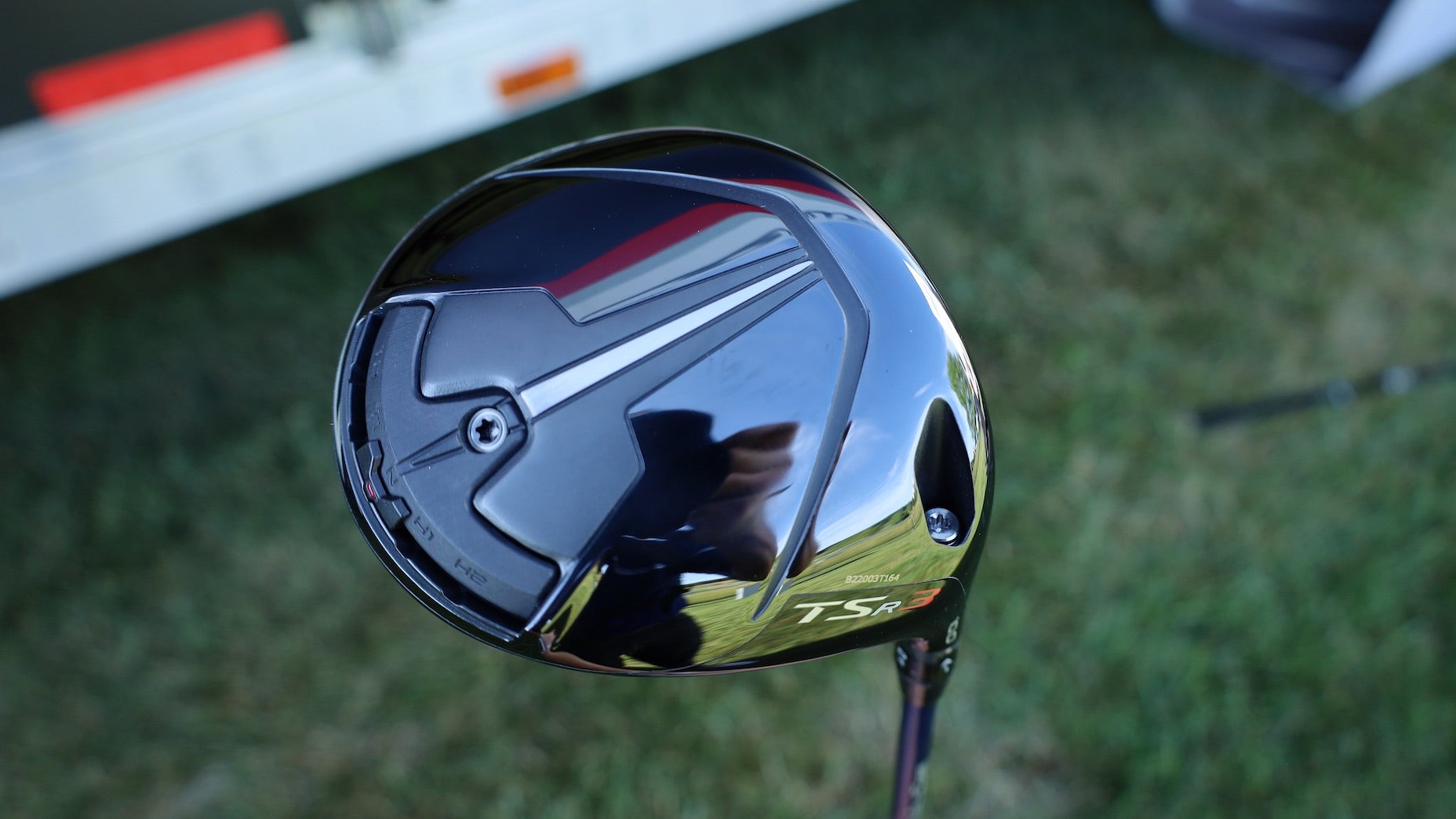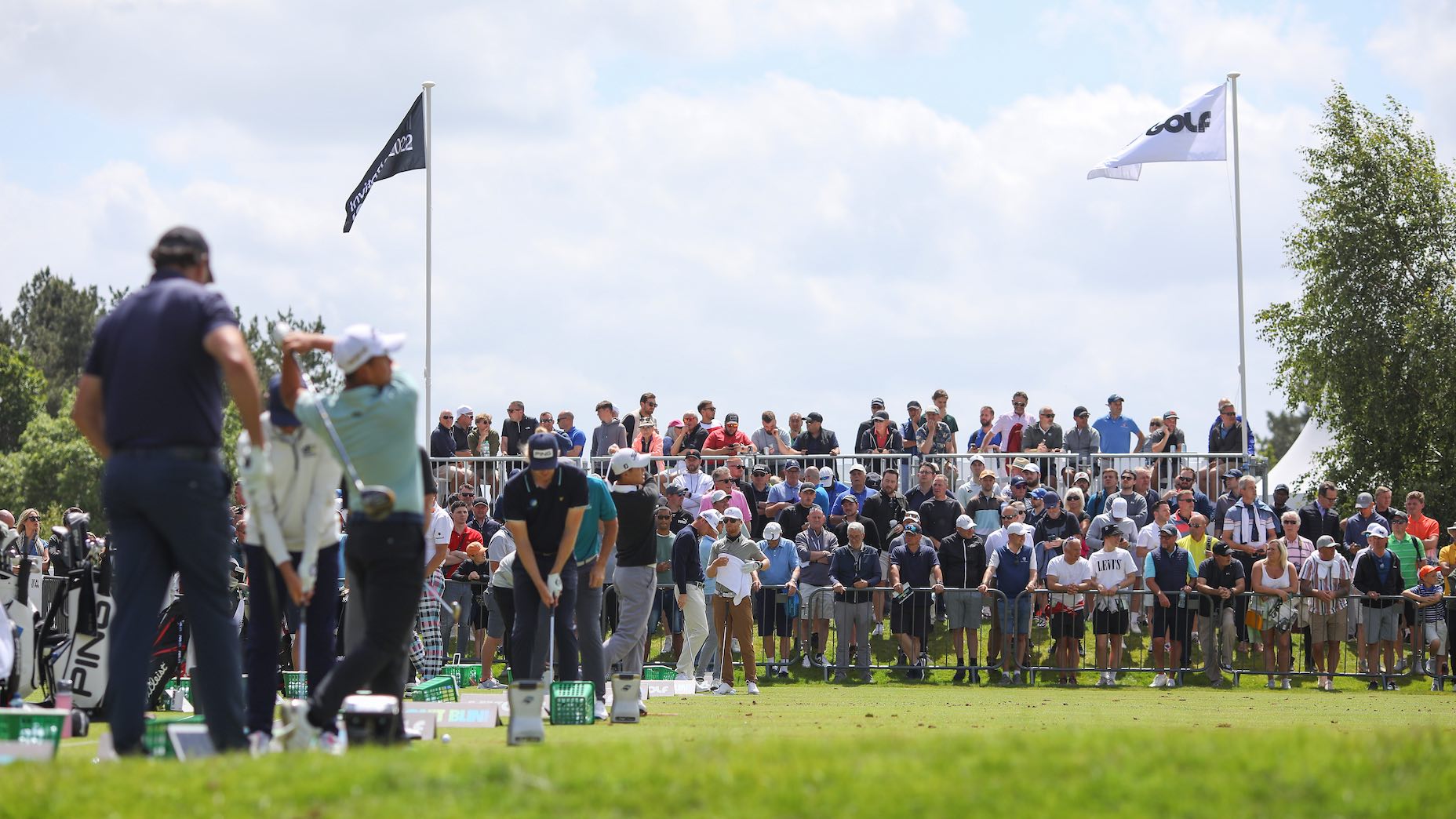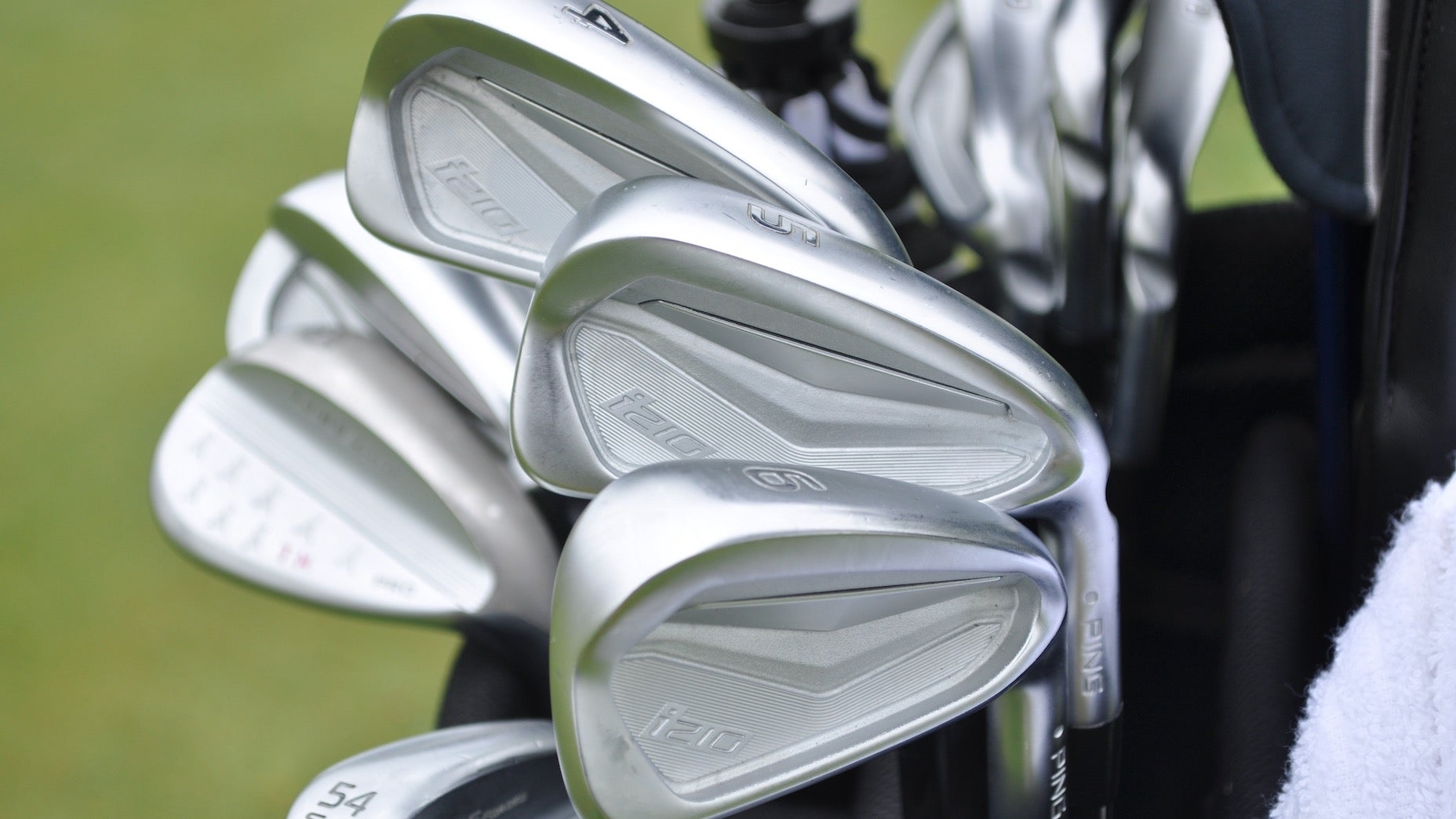What’s more important, clubhead or shaft? A robot expert offers his take

Will you get more out of a new shaft or driver head? Gene Parente offers his opinion.
Getty Images
It’s the golf equipment equivalent of the chicken and the egg situation: Does the head or shaft make a bigger impact? If you’re struggling to find a winning club setup, you’ve likely exhausted both options.
Some golfers will tell you a new head can solve almost every problem, while others will contend a well-designed shaft can take a mediocore driver and turn it into something special.
No matter where you plant your flag, we can all agree both play important roles. Simply selecting a random stiff flex off the rack won’t help you manage launch, spin and dispersion. The same can be said for the head; very few golfers are plunking down $500-plus for a driver without analzying the performance benefits.
A certified club-fitter is always a good place to start if you want to increase your chances of landing on the best club build for your game. But which component is going to make the bigger impact during testing? For more than three decades, Golf Laboratories founder Gene Parente has been testing both components for the biggest club manufacturers in the world, as well as the USGA and R&A.
Asked which one offers the biggest benefits, Parente didn’t hesitate: It’s the driver head.
“I’d say the driver head, because the head gives you the most benefits,” he told GOLF’s Fully Equipped podcast. “The shaft is definitely important, but the shaft comes down to what I’ll call incremental change — a half-degree of face angle coming down to impact or maybe even a full degree, which matters if you’re swinging 100 miles per hour. But the driver could be two or three degrees and 1,000 RPMs, where the shaft could be 200 to 300 RPMs. The shaft is important, but if you really want to get optimized, the driver head is the way to go.”
Parente has a point. It’s difficult to track down a solid driver if you start with the shaft. During a fitting session, a club-fitter will blueprint your current club to get a better understanding of your specs and how it was made. From there, different heads will be suggested to negate your common miss. Once the fitter hits on a specific product, they’ll make incremental improvements with different shafts to tighten dispersion and dial-in spin.
Think of it this way: You wouldn’t buy a new set of tires and then go find the right car. If you want to add some aftermarket low-profile tires to a sportscar, you’ll do it after the vehicle is purchased. The shaft plays an important role, to be clear, but according to Parente, it doesn’t offer the immediate improvements and benefits that the head provides.
In other words, finding a good driver head and then work on then incremental improvements from that point forward with shaft. Maybe you end up playing the same shaft for years to come, a la Jon Rahm, but you’ll never be able to get to that point without first finding the best overall build for your game.
Want to overhaul your bag for 2021? Find a fitting location near you at GOLF’s affiliate company True Spec Golf. For more on the latest gear news and information, check out our latest Fully Equipped podcast below.




